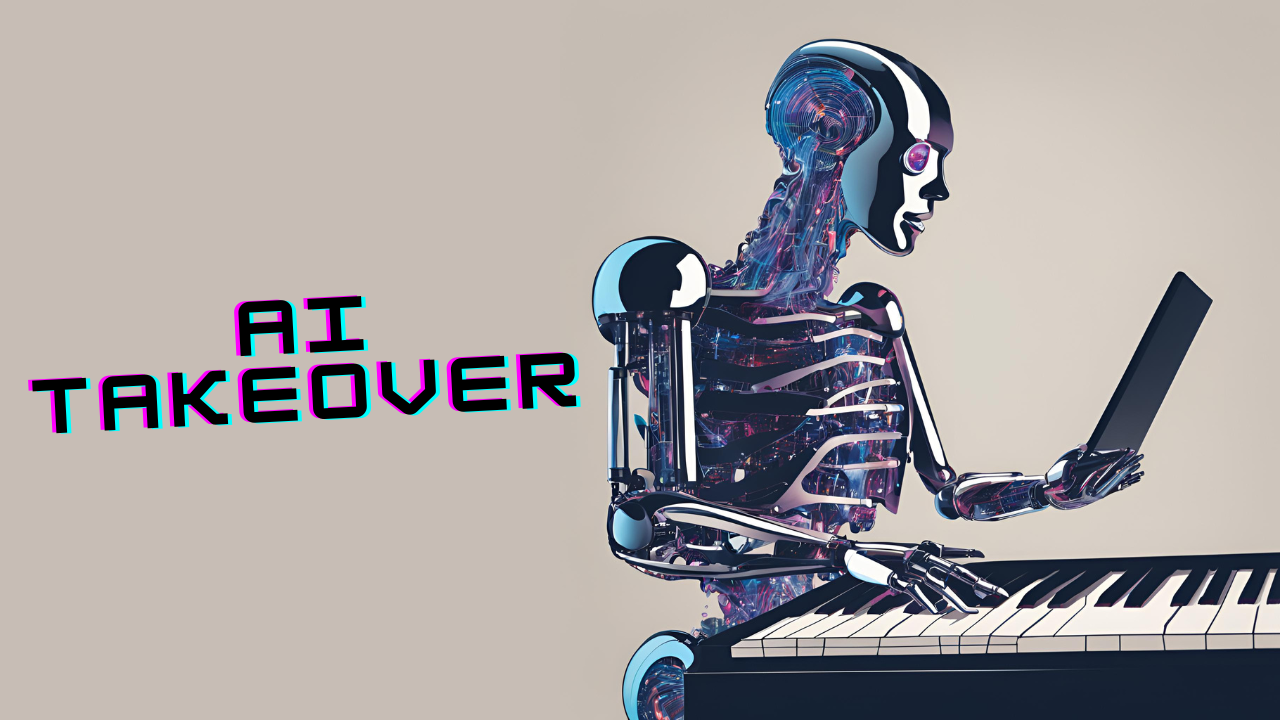Artificial Intelligence in Music
 GN-z11Codes
GN-z11Codes
In the realm of creativity, music stands as a timeless testament to human expression. From the earliest tribal chants to the intricate compositions of classical masters and the pulsating beats of modern electronic music, our ability to create and appreciate music has evolved alongside our technological prowess. Today, at the forefront of this evolution stands Artificial Intelligence (AI), a transformative force that is reshaping how music is composed, performed, and consumed.
The Rise of AI in Music Composition
The use of AI in music is not merely a recent phenomenon but rather a culmination of decades of research and innovation. Early experiments in algorithmic composition date back to the mid-20th century, with pioneers like Iannis Xenakis exploring mathematical models to generate music. However, it is in the past decade that AI has truly begun to make its mark, thanks to advancements in machine learning, deep learning, and neural networks.
One of the groundbreaking developments in AI music composition is the ability of algorithms to analyze vast amounts of musical data and derive patterns that mimic human creativity. Platforms like OpenAI's MuseNet and Google's Magenta Project are prime examples of how AI can generate original compositions in various styles and genres. These systems learn from existing music, extracting stylistic elements and structures to produce pieces that range from classical symphonies to avant-garde electronic tracks.
AI and Personalized Music Experiences
Beyond composition, AI is also revolutionizing how music is personalized and curated for individual listeners. Streaming services such as Spotify and Pandora leverage AI algorithms to create personalized playlists based on user preferences, listening history, and even contextual factors like time of day or mood. This ability to tailor music recommendations not only enhances user experience but also introduces listeners to new artists and genres they may not have discovered otherwise.
Moreover, AI-powered tools are enabling musicians and producers to experiment with new sounds and arrangements more efficiently. For instance, software like Amper Music and AIVA assist composers by generating backing tracks or suggesting chord progressions, thereby acting as virtual collaborators rather than mere tools.
AI in Performance and Production
In the realm of performance, AI is augmenting the capabilities of musicians and composers. AI-driven systems can analyze live performances in real-time, adjusting lighting, sound levels, and even musical accompaniment to match the mood and energy of the audience. This synergy between human creativity and AI's analytical prowess opens new possibilities for interactive and immersive live experiences.
In production, AI algorithms are being used to enhance audio quality, automate mixing and mastering processes, and even generate realistic instrument sounds. Companies like LANDR and Wave AI offer AI-powered tools that streamline the production workflow, making professional-quality recording and editing accessible to musicians at all levels of expertise.
Ethical and Creative Implications
However, the integration of AI in music does not come without its challenges and ethical considerations. One of the primary concerns is the potential for AI to homogenize musical creativity, leading to a loss of diversity in artistic expression. Critics argue that AI-generated music lacks the emotional depth and cultural context that human composers bring to their work, raising questions about authenticity and artistic integrity.
Moreover, there are broader societal implications regarding copyright and ownership in the age of AI-generated content. Who owns the rights to music created by algorithms? How do we attribute creative contributions when AI systems are involved? These questions underscore the need for thoughtful regulation and policy frameworks that balance innovation with ethical considerations.
The Future of AI in Music
Looking ahead, the future of AI in music promises further innovation and evolution. As algorithms become more sophisticated and capable of understanding complex musical concepts such as improvisation and emotional expression, AI-generated music may become indistinguishable from compositions created by humans. This convergence of art and technology could lead to entirely new musical genres and forms of expression that challenge our understanding of creativity and authenticity.
Furthermore, AI has the potential to democratize music creation by empowering aspiring musicians and composers with accessible tools and resources. By lowering barriers to entry and expanding creative possibilities, AI could foster a more inclusive and diverse music industry.
Conclusion
In conclusion, Artificial Intelligence is reshaping the landscape of music composition, performance, and production in unprecedented ways. From generating original compositions to enhancing personalized music experiences and optimizing production workflows, AI is expanding the boundaries of creativity and redefining what it means to be a musician in the 21st century.
As we navigate this transformative era, it is essential to embrace AI as a tool for innovation while safeguarding the values of creativity, diversity, and ethical responsibility. By harnessing the power of AI responsibly, we can unlock new realms of musical expression and ensure that music remains a vibrant and enriching part of our cultural heritage.
In the words of Ludwig van Beethoven, "Music can change the world." With AI as our ally, the possibilities for musical innovation and creativity are truly limitless.
Subscribe to my newsletter
Read articles from GN-z11Codes directly inside your inbox. Subscribe to the newsletter, and don't miss out.
Written by
